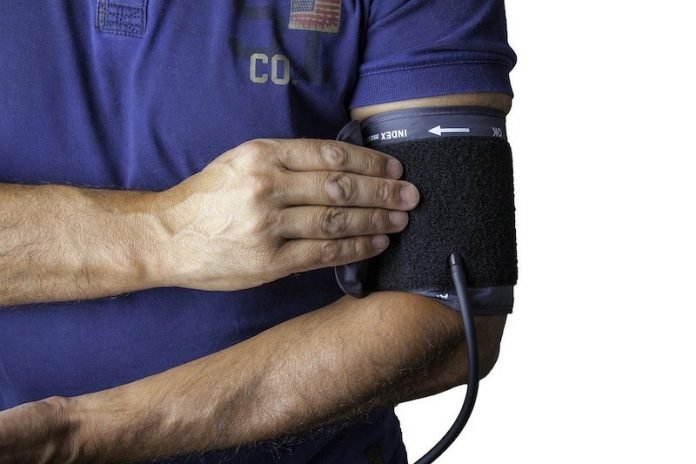
In a new study, researchers found that tighter control of high blood pressure may add years to people’s lives.
They found that for a typical 50-year-old with high blood pressure, more aggressive treatment could translate into three extra years of life.
Eighty-year-olds would have less time to gain, but it could extend their lives by an average of 10 months.
The research was conducted by a team at Brigham & Women’s Hospital, in Boston.
The estimates are based on a new analysis of a government-funded clinical trial called SPRINT.
The original SPRINT trial included over 9,000 U.S. adults aged 50 and older who had high blood pressure and were considered at increased risk of heart disease because of additional risk factors, like smoking or high cholesterol, or because they were 75 or older.
Back in 2015, it found that tighter blood pressure control prevented more heart attacks, strokes, and deaths in people aged 50 and up, compared with standard treatment.
Patients on the intensive regimen aimed to get their systolic blood pressure below 120 mm Hg—rather than the traditional goal of under 140.
They did that through a combination of medication—typically multiple drugs—and lifestyle changes, including exercise and cutting down on salt intake.
Over roughly three years, patients on that regimen had a 25% lower risk of suffering a heart attack, heart failure or stroke, versus patients on standard blood pressure control.
Their odds of dying during the study period were 27% lower. The benefits were so clear that the trial was stopped early.
In the study, the team used the trial data to estimate how many years of life patients of different ages might gain, assuming that their blood pressure treatment continued to be effective over the long haul.
They projected that a 50-year-old on intensive control would typically live another 37 years, versus 34 years on conventional treatment.
A 65-year-old would typically live another 24.5 years, versus just over 23 years with standard treatment. An 80-year-old could live another 12 years, compared with a little over 11 years.
Blood pressure drugs can have side effects like dizziness and fainting, Vaduganathan noted, and the odds are greater when patients aim for lower numbers.
In the original trial, patients on tighter blood pressure control did have more side effects. But they did not have a higher rate of falls—a key concern with elderly adults, in particular.
The results illustrate the particular value of getting high blood pressure under control in middle age.
Based on the latest AHA statistics, nearly 46% of U.S. adults have high blood pressure—defined as 130/80 mm Hg or higher.
The lead author of the study is Dr. Muthiah Vaduganathan.
The study was presented at the annual meeting of the American Heart Association.
Copyright © 2019 Knowridge Science Report. All rights reserved.



